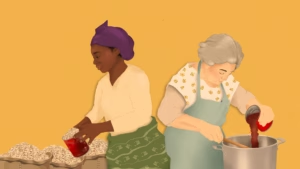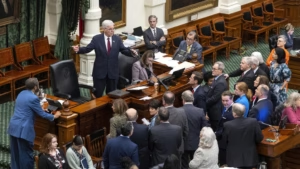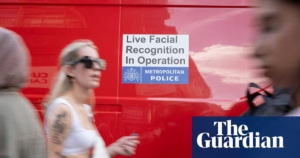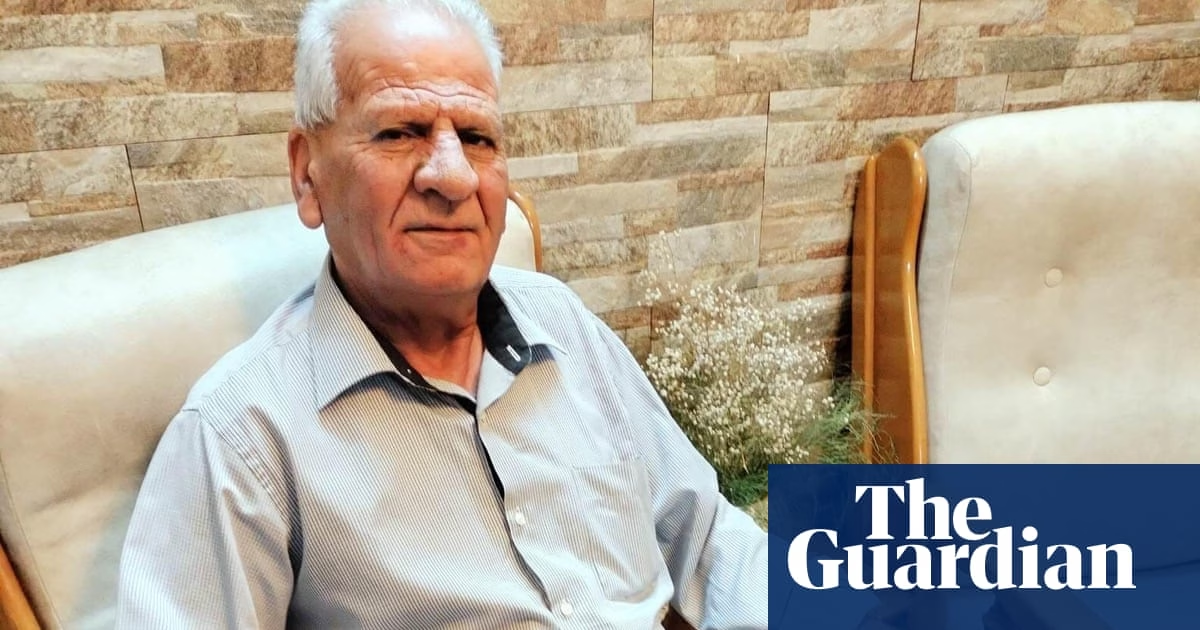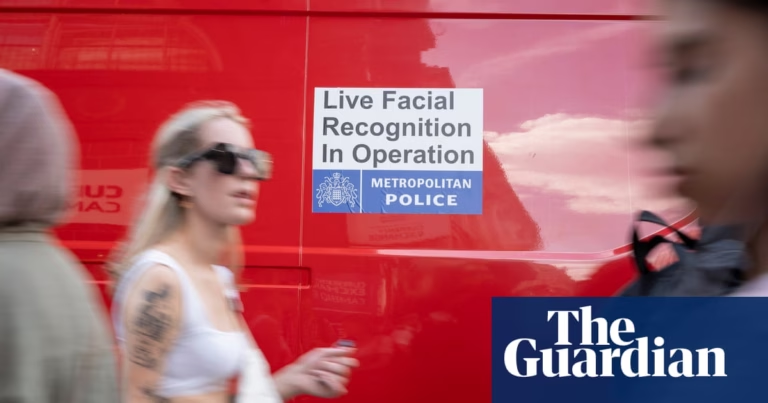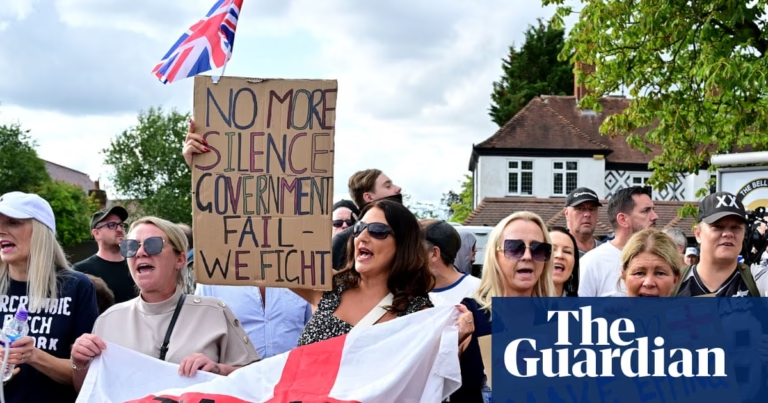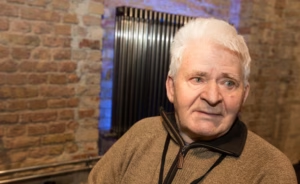Waleed Lahlouh, a 73-year-old man with white hair, was tragically shot and killed by Israeli soldiers outside his home in Jenin refugee camp on a sunny February morning. According to his relatives, he was killed while attempting to collect winter clothes for his family. Lahlouh and his loved ones had fled their home a week earlier when Israeli troops entered the camp and forced residents to evacuate. They had little time to gather documents, valuables, and clothes.
Mr. Lahlouh’s daughter, Samia Lahlouh, expressed her distress and confusion over his death, stating that her father was an elderly man who had done nothing wrong and that grandchildren kept asking why he was targeted. She couldn’t provide an answer. The Lahlouh family is part of a wider crisis involving 40,000 Palestinians who have been displaced from their homes in refugee camps across the occupied West Bank this year, marking the biggest displacement since Israel’s occupation in 1967.
The Israeli defense minister, Israel Katz, announced that Palestinians who have been displaced will not be able to return home this year. He also sent three tanks to Jenin. Palestinians who have lost their homes and loved ones have made comparisons between the Jenin situation and the Gaza Strip, highlighting the extent of destruction, deaths, and displacement. Some far-right members in Israel advocate for a policy known as ‘Gazafication’ of the West Bank, which involves employing military tactics used in Gaza against Palestinians.
There have been at least seven Palestinian children killed by Israeli forces since the operation began in January. Lahlouh, a playful and dedicated taxi driver, had dedicated his life to his family’s education. He had survived previous raids in Jenin and had witnessed the Israeli military’s actions in Gaza. Despite his caution, he did not believe he would be harmed by soldiers in broad daylight.
After Lahlouh’s death, the family was barred from giving him a proper Muslim burial. Only one relative could attend a brief interment conducted by his son, which was heavily regulated by Israeli forces. The Israeli military claimed that they followed standard arrest procedures and fired warning shots before targeting Lahlouh, who they considered a suspect.
The operation, known as Iron Wall, was announced by Prime Minister Benjamin Netanyahu to combat terrorism in Jenin. The region has been the focus of armed resistance against the Israeli occupation and has been targeted repeatedly. The operation has displaced thousands of Palestinians, with at least 44 people, including seven children, killed. Homes have also been demolished using new tactics, amplifying old strategies. The situation has raised concerns of an ongoing wave of violence, unlawful killings, and forced displacement.
Amin Hassan, a 50-year-old man who lost his home due to the demolitions, noted the forced evacuation and the similarities between it and the situation in Gaza, including the terror and displacement experienced by civilians. The Israeli government’s policies and actions have effectively shut down daily life in Jenin, preventing people from returning and causing concerns over food, education, and long-term homelessness.
Source: https://www.theguardian.com/world/2025/feb/26/family-mourns-grandfathers-death-as-israel-brings-gaza-tactics-to-west-bank
